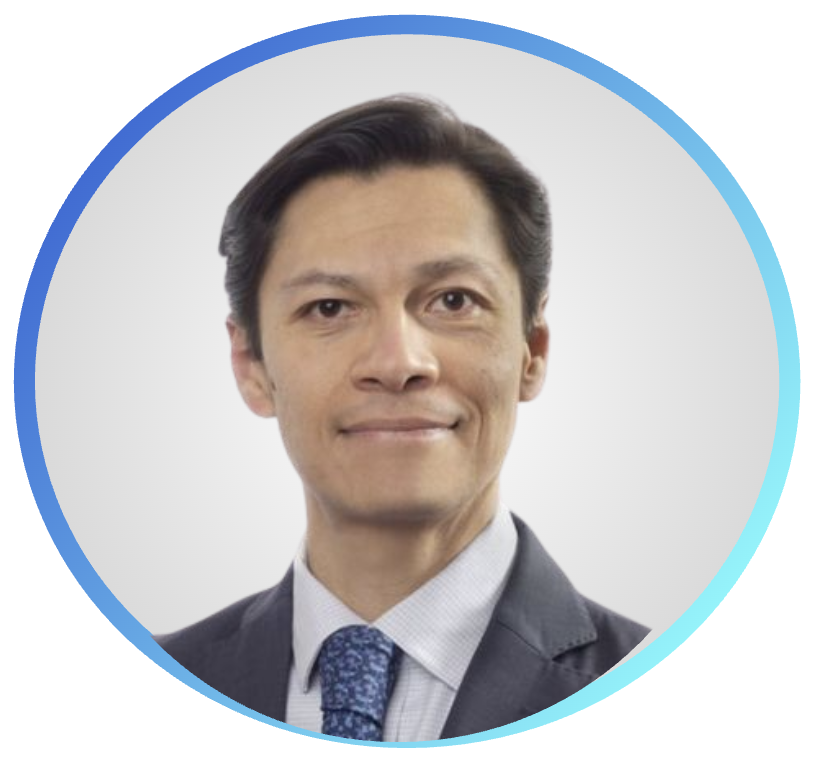Litigation funding in France: legal tradition and openness to modern solutions
France, with one of the most influential legal systems in the world and a highly developed economy, is in a key position for the growth of third party funding. Although traditionally cautious in adopting legal innovations, the country has started to integrate this model in response to the increasing costs of litigation, the duration of processes, and the sophistication of commercial and arbitration disputes. In this context, Loopa offers a strategic alternative for plaintiffs with strong cases seeking access to capital and specialized support.
History of third party funding in France
Unlike other jurisdictions such as the United Kingdom or the United States, where third party funding has a consolidated track record, in France its adoption has been more recent and gradual. For many years, the practice was viewed with caution by the French legal community, partly due to concerns about lawyer independence, confidentiality, and public order. However, in the last decade, the model has gained acceptance, especially in the field of international arbitration, where foreign funders began to operate from Paris—a city that has become a hub for global arbitration. As the volume of high-value disputes has grown, so has the interest in mechanisms that allow for sharing the financial risk of litigation. Today, third party funding in France is an expanding reality, particularly in complex commercial litigation, arbitrations, and class actions.
Legal framework: continental law and contractual compatibility
French law, with a civil law tradition, provides a solid and structured foundation for the development of litigation financing. Although there is no specific legislation regulating third party funding, the model falls within the framework of the contractual freedom recognized by the Civil Code. As long as the principles of good faith, confidentiality, and non-interference in the conduct of the litigation are respected, third-party financing contracts are valid. The assignment of litigious claims is allowed in France, which allows for the structuring of guarantee or recovery mechanisms for the funder. In addition, the practice of quota litis (contingent fees) is regulated: lawyers cannot exclusively agree on fees based on the outcome, except in certain contexts, but they can combine a fixed fee with a variable part linked to the success of the case. This framework creates space for mixed financing models, where Loopa can complement the efforts of the lawyer without interfering with their independence. In summary, the French legal framework not only allows for third party funding, but also integrates it harmoniously within its system of legal values and procedural principles.
Arbitration Application: Paris as the Global Capital of Arbitration
France, and particularly Paris, is one of the most relevant jurisdictions in the world for international arbitration. It is the seat of the International Court of Arbitration of the International Chamber of Commerce (ICC), the most influential arbitral institution globally. In addition, French courts have developed a very favorable jurisprudence towards arbitration, with solid standards of respect for party autonomy, enforcement of awards, and minimal judicial intervention. In this environment, third party funding has found a natural field for expansion. The ICC arbitration rules promote the disclosure of the existence of third-party funders, especially concerning potential conflicts of interest with arbitrators. This trend towards transparency, far from restricting the model, grants it institutional legitimacy and positions it as an integral part of the arbitral ecosystem. Loopa, with international experience and the ability to operate in demanding legal environments, presents itself as an ideal partner to finance arbitrations seated in France or under French rules. We cover legal costs, expert fees, institutional fees, and other strategic expenses, allowing companies or individuals with strong cases to litigate without limiting their liquidity.
Application in judicial disputes: response to costly and lengthy processes
Although the French judicial system is recognized for its efficient and professional structure, civil and commercial disputes —especially those involving large sums— can be lengthy, costly, and technically complex. This scenario particularly affects small and medium-sized enterprises, individuals with claims against large corporations or the State, and litigants in cross-border contexts. In these cases, Loopa's model allows for the monetization of the dispute by advancing part of the economic value of the claim and covering the necessary legal expenses to sustain a robust strategy. This is especially useful in collective actions (actions de groupe), consumer litigation, competition, contractual liability, damages, intellectual property, or compliance with international contracts. In addition to providing capital, financing with Loopa strengthens the negotiating position of the plaintiff, by sending a clear signal about the strength of the case and the willingness to litigate to the fullest extent if necessary.
Conclusion: a legitimate tool in a reference jurisdiction
France represents a solid, predictable legal environment that is increasingly receptive to third party funding. Its legal framework, procedural culture, and central role in international arbitration make the country one of the key jurisdictions for the expansion of the model in Europe. Loopa arrives in France with a clear proposal: to finance well-founded litigation, facilitate access to justice, release liquidity, and share risks in a professional manner. Whether in commercial courts, international arbitrations, or class actions, litigation funding represents a natural evolution of the French legal ecosystem, and Loopa is ready to lead that change. Because even in the most developed systems, justice needs resources to become a reality.
Our french team

